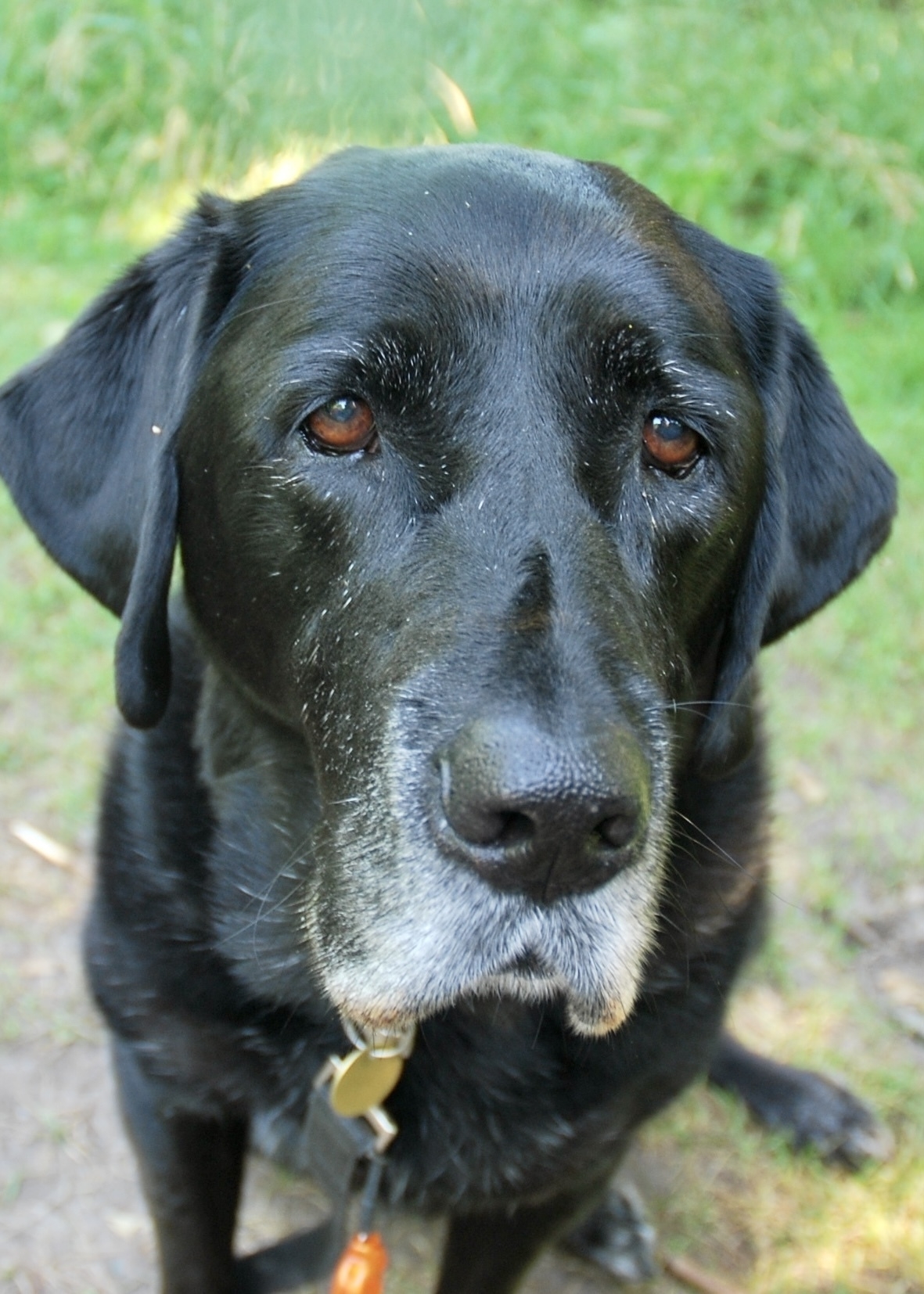Thursday, January 26, 2023 →
What I think about when I say goodbye to my beloved dying pet
But it was still deeply upsetting. My eyes started to water just writing about it. The good death of a beloved animal who has led a good life is both sad and OK. The inescapability of mortality means we have to accept it but we don’t have to feel good about it.
Reading this brought back memories of our prior black lab, Ceiligh, and our decision to euthanize her once she was diagnosed with significant and incurable cancer.
In addition to everything described in this essay, two other factors made this a very difficult decision:
- We made the choice on her behalf. Of course, we made the choice to reduce her suffering, but it was still an active choice for which we were accountable.
- Our kids were young enough to not have experienced much loss yet, while also old enough to understand what was happening. Explaining to them why this was the best outcome was difficult.
We valued Ceiligh’s role in our family and welcomed her predecesor, Lucy, knowing that the choice might arise again, while also knowing how much she would enrich our lives.

